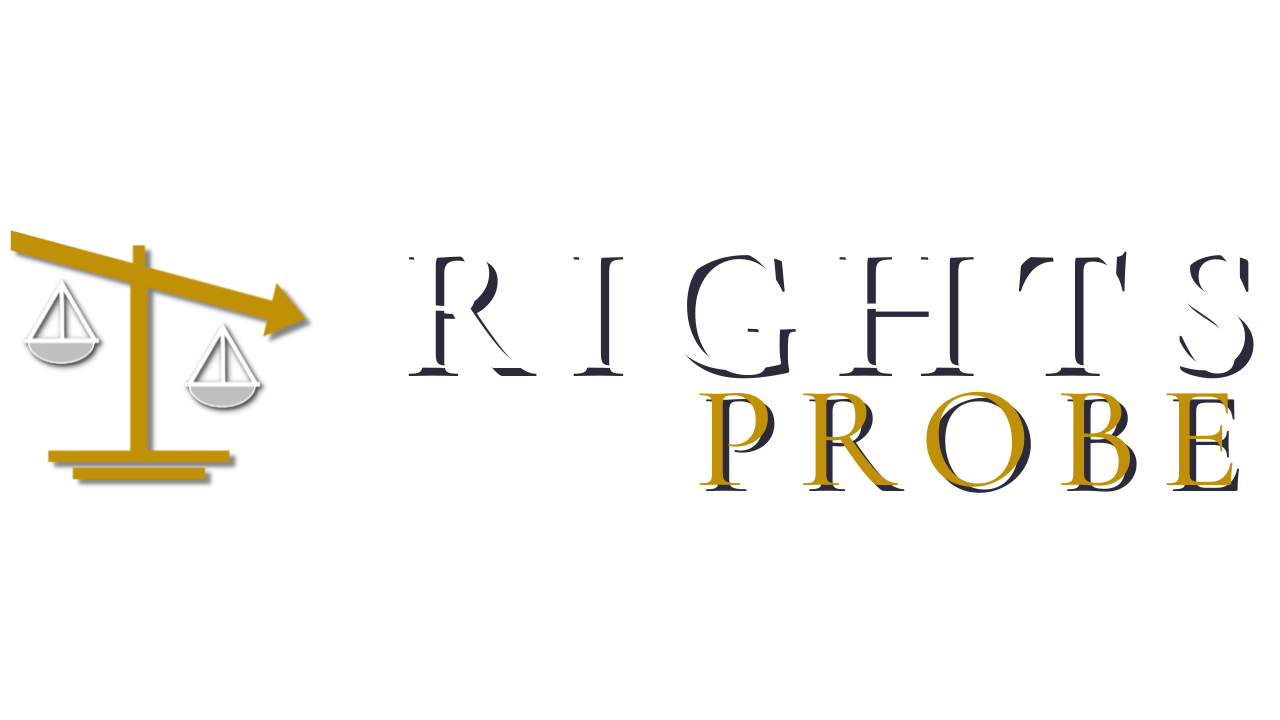In an independent Alberta, aboriginal rights should not exist
By Prof. Bruce Pardy
Alberta Premier Danielle Smith recently said that an independent Alberta would honour Aboriginal rights. She’s not alone. Some separation advocates have suggested the same. Treaties would be recognized and honoured. Canadian constitutional rights for Aboriginal peoples would be preserved. Special status would continue.
It would be the new country’s first big mistake. In a free Alberta, Aboriginal rights should not exist. Instead, reserve lands in Alberta should be divided into lots and transferred to individual Indigenous people, creating for them the same property rights and opportunities as everybody else.
Special status for Aboriginal people is deeply ingrained in Canadian culture and enshrined in the Constitution. Aboriginal rights are widely regarded as the natural and proper order of things. But they are the opposite.
Invasion, migration, and mixing is the history of humanity. The Romans invaded the British Isles in 55 BC. They conquered the place about 100 years later, on their second try. By 500 AD, Saxons had established themselves as the dominant power. In 1066, the Normans overthrew the Saxon kingdom. Today, British law does not have different rights for descendants of Romans, Saxons and Normans. The people are British.
It wouldn’t have seemed that way in 1066. When aliens force their way into a territory, the inhabitants understandably resist. They try to preserve the memory that the place belongs to them. But over centuries, things change. People mix, culturally and genetically. Descendants of inhabitants and invaders marry and procreate. Their offspring do the same. More people from other, different places arrive and mix too. Everyone born there is native to the place. The culture is neither what existed before the invasion, nor the culture the invaders brought with them. No one alive remembers either. The culture in which they live is a distinctive third thing.
Once upon a time, legal rights depended on who your parents were. The ruler was the son of the ruler before him. If your parents were serfs, you were a serf too. Lineage was destiny. But like the culture, the law evolved. Eventually, everyone got the vote and the right to run for office. Everyone could own property and was free to buy and sell it. Everyone could marry who they chose, and divorce as they saw fit.
But in Canada, the old idea has been reconstituted as a progressive imperative. Under the Canadian Constitution, the legally privileged group is Aboriginal, not European. Indigenous people have the same legal rights as any other Canadian citizen. But they also have rights no one else may claim. Depending on their lineage and group affiliations, they may have treaty rights. They may be entitled to tax exemptions. They may receive exclusive benefits. They may claim positions on bodies and in institutions that are reserved only for them. They may be entitled to procedures and considerations in criminal sentencing that no one else receives. Their group may be granted Aboriginal title on land from which other Canadians are excluded.
As lawyer Peter Best has written, “Our new Canadians, a great many of whom have immigrated from South Asia where the odious caste system was and remains prevalent, must be upset and bewildered to see a major element of the caste system – special, hereditary rights possessed by one racial group to the exclusion of all others – becoming further entrenched in the Canadian legal and social fabric.”
This special status has not operated to the benefit of most Aboriginal people. But it has for their elites, who administer the substantial largesse that flows from government coffers. Aboriginal property is a group right controlled by its leaders. Individual Indigenous people do not own plots of land on reserves or on lands subject to Aboriginal title. Some Aboriginal communities consist of ‘poor Indians and rich Chiefs’.
Dependency endures because governments and many Indigenous leaders want it that way. Former Mount Royal University professor Frances Widdowson, among others, has argued that persistently poor social conditions experienced by many Indigenous people can be traced to a thriving “Aboriginal industry”, consisting of Indigenous and non-Indigenous institutions and individuals – chiefs, leaders, consultants, managers, bureaucrats, politicians, lawyers and others – who have a vested interest in the status quo.
In Alberta, support for separation is growing. Separation doesn’t mean merely leaving the country but rejecting its established order. A new Alberta should abandon the Canadian Constitution. Alberta could have its own constitional rights. But Canadian constitutional rights, including Aboriginal rights, would not exist.
But what about treaties? Making contracts between peoples that bind descendants until the end of time is absurd. Moreover, Indian treaties were agreements with the Crown. In an Alberta republic, the Crown would have no status, and neither would its deals.
To manage the transition, reserve lands should be chopped up into lots. Title to those lots should be granted in fee simple, the highest form of private property in the common law system, to individual members of the group. They could then do with their property as they saw fit, like everybody else.
A new Alberta should reject the idea that legal rights depend on lineage. In a free country, laws apply not to distinctive peoples, but to people.
Bruce Pardy is executive director of Rights Probe and professor of law at Queen’s University.
Follow our journey.
Subscribe to our newsletter: rightsprobe@protonmail.com
